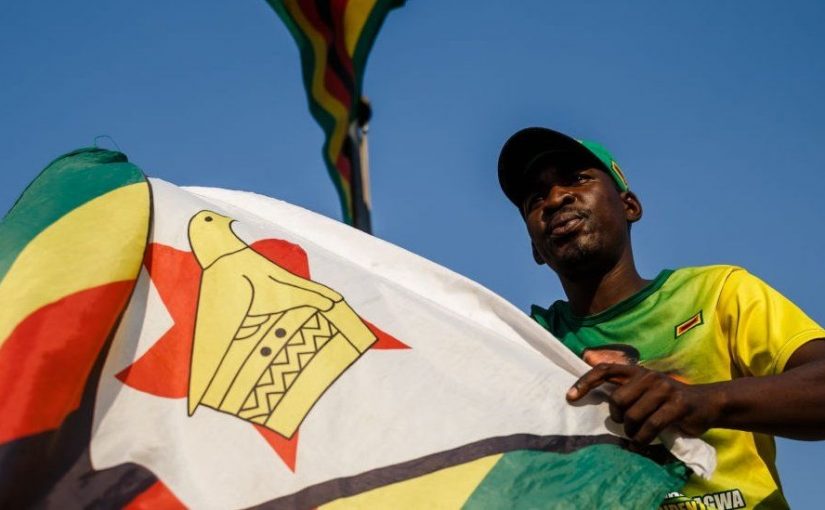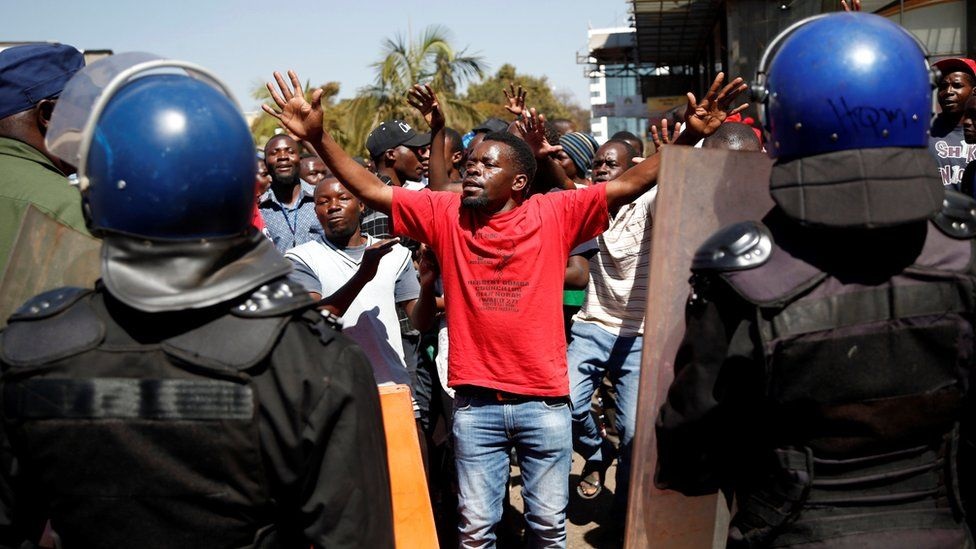Tanzania pushes for $42bn LNG deal with Shell, Equinor by end-2025 after decades of delays
Zimbabwe’s plan to label critics unpatriotic

FILE - The proposed bill would aim to restrict Zimbabweans from criticising the country abroad. [File photo: AFP]
Zimbabwe is planning to introduce a law to punish people who are deemed “unpatriotic” because they criticise the country when abroad – and it has left activists feeling nervous.
Constitutional lawyer and opposition politician Lovemore Madhuku calls the proposal “dangerous”, saying that “no state can define patriotism”.
People seen as unpatriotic for allegedly undermining the national interest abroad could face criminal charges if the measures being considered are passed.
The move is part of a plan to improve the government’s international reputation but campaigners and opposition parties argue it is another “vehicle for oppression”, in the words of Dr Madhuku.
“Activists travel – we are the voice of the voiceless and speak the truth,” says campaigner Rita Nyampinga, who spent years in the trade union movement.
But those who back the proposed Patriotic Bill, as it has been called, say that it is about national cohesion.
“The government has always tried to persuade its citizens to behave in a patriotic way to maintain unity,” Chief Whip for the governing Zanu-PF party Pupurai Togarepi told the BBC.
“But after the coming in of opposition parties [in 1999] many agendas came to the fore and it led to a situation where you are at war as a country.
“It is difficult to manage behaviour and you cannot arbitrarily arrest people without a law to back that.”
The MP, who seconded a motion in parliament in March calling for the law, said the measures should also apply to the media and NGOs.
Pariah status
The reputations of both Zanu-PF and the government have been damaged over the past two decades.
Controversial policies, such as the seizure of white-owned farms, economic mismanagement and alleged human rights abuses, including the killing of opposition activists, have led to its pariah status among Western nations.
The US and EU imposed economic and travel sanctions on party officials, military figures and companies over the alleged abuses and also election irregularities.
The government, however, believes the sanctions were a result of pressure from opposition activists and civil society groups.

For years the government has accused the main opposition party, the Movement for Democratic Change, of getting too close to Western diplomats. It says that its representations to US congressional hearings as well as other foreign meetings have tarnished the image of the country.
Those who back the measure think that a patriotism law would address this negative portrayal, which they say has discouraged foreign investment.
Outlining the proposals, government official Virginia Mabhiza told the state-owned Sunday Mail newspaper that “conniving with hostile foreign governments and nationals to inflict harm on the country and its citizens will be criminalised”.
“In the event of a conviction, stiff penalties will be imposed,” the Justice, Legal and Parliamentary Affairs permanent secretary added.














Leave a Reply
Be the First to Comment!
You must be logged in to post a comment.
You must be logged in to post a comment.